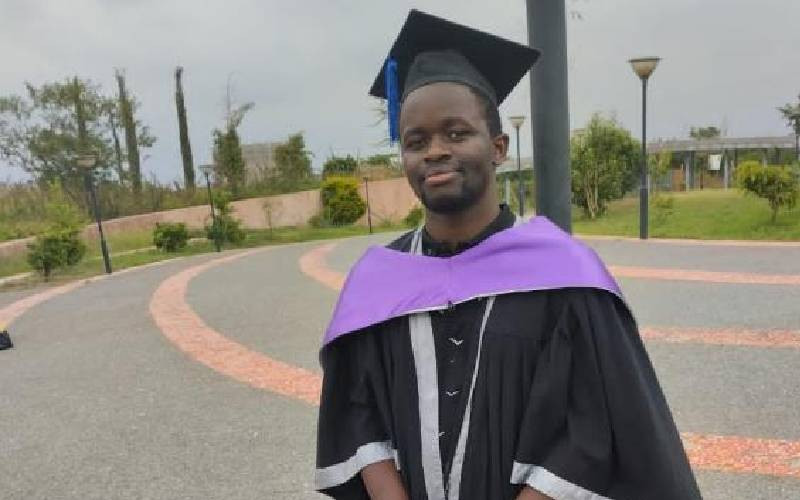×
The Standard e-Paper
Home To Bold Columnists

From the age of five, Victor Emitati began experiencing severe headaches that couldn't go away even after medication.
The pain disappeared when he turned seven and his parents, Beatrice Nafula, a nurse, and Livingstone Osore, a primary school teacher, were relieved. But their joy was short-lived.